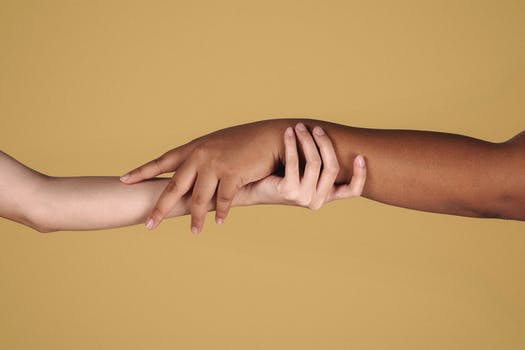Hi everyone,
As I am not presently teaching a course, I am completing this portion of the activity in future preparation for teaching 🙂
Since I am primarily interested in teaching or writing psychological curriculum/course design my first piece of curriculum which I wrote last semester focused on the topic of the psychology of love. This piece of curriculum also focused on the implementation of active imagination within the completion of artistic pieces. My psychology curriculum was created for college students.
For my first piece of psychological curriculum, I would be interested in implementing student self-assessments focusing on their own reflections of love through the use of emotionally evoking video.
Psychology Learning Objective: Through the completion of your self-assessment, identify the elements of intimacy, passion, and commitment which you can acknowledge in your own life this week.
My first video which I would like to include is this short video emphasizing some of the various visual aspects of intimacy, passion, and commitment.
Psychology of Love from Miguel Garcia Studios on Vimeo.
This video matched the topic of the psychology of love as it displayed intimacy, passion, and commitment between two people. This short audio/visual resource would allow me to spurn emotions within my students and hopefully create moments of self-reflection for my students as they assess how they have encountered such an experience of love in their own lives. I would be able to use this resource as is as it is not intended to be my main teaching resource but is instead a short video intended to supplement learning activity.
—
The second piece of curriculum I worked on also focused on the teaching of spiritual topics involving eastern religions and Christianity. This piece was also written for students within colleges.
For my second piece of curriculum which focused on spirituality, I would be interested in ensuring that my students are able to understand and practice self-reflection through the inclusion of supplementary videos.
Religious Studies Learning Objective: At the end of Unit 1 you should be able to reflect and identify some aspects of Buddhism, Hinduism, and Christianity which mean the most to you.
Since I am primarily interested in adding audio/visual materials, here is a video on Buddhist perceptions of love which would be good to implement:
HOB What is Buddhism? – Boundless Love from Longchen Foundation on Vimeo.
Here is a video on Hindu perceptions of “God” which would also be good to implement:
Concept of God in Hinduism from HinduStudents on Vimeo.
Here is a video on Christian perceptions of “God” which would be good to include:
The Gospel from BibleProject on Vimeo.
These three videos match college level difficulty and I view them all as high quality resources since they clearly display various amounts of verbal narration and important images of authority. I would like to use these resources as they are since they are short, to the point, and provide varying degrees of information which should effectively challenge the thinking and feeling of my students.
Best,
Carson 🙂
References
Garcia, M. [Miguel Garcia Studios]. (2017). Psychology of Love [Video]. Vimeo. https://vimeo.com/213246380
Himalayan Academy. [Hindu Students]. (2011). Concept of God in Hinduism [Video]. Vimeo. https://vimeo.com/18852858
Mackie, T., and Collins, J. [Bible Project]. (2020). The Gospel [Video]. Vimeo. https://vimeo.com/372510201
Shikpo, R. [Longchen Foundation]. (2018). HOB What is Buddhism? – Boundless Love [Video]. Vimeo. https://vimeo.com/254723006




